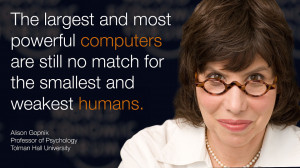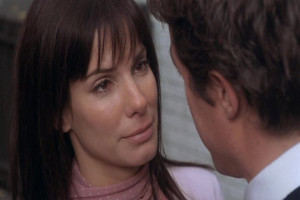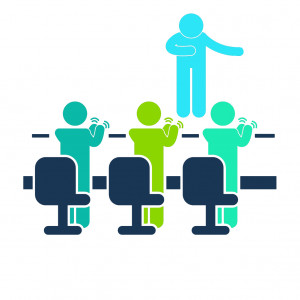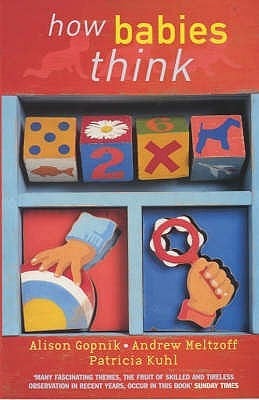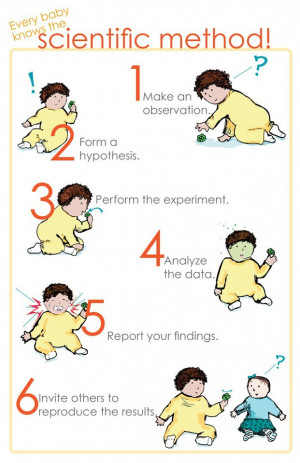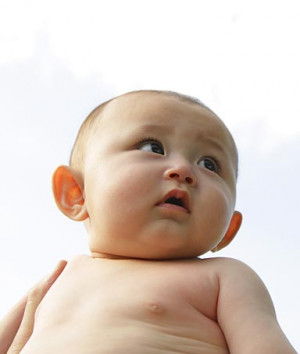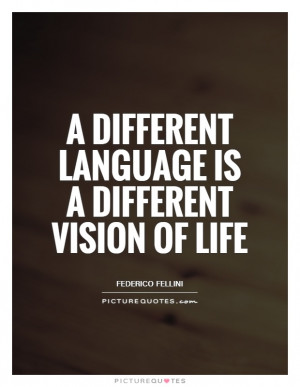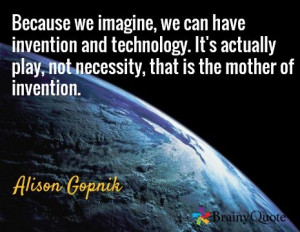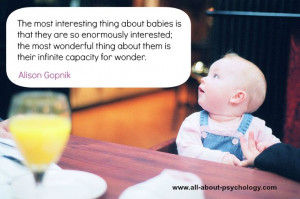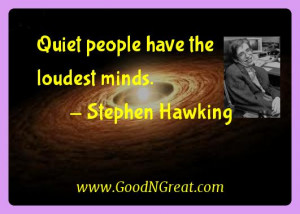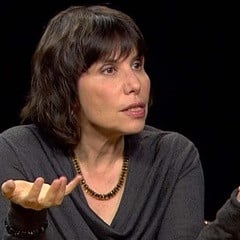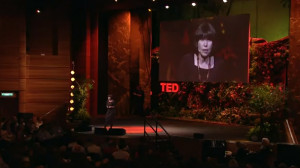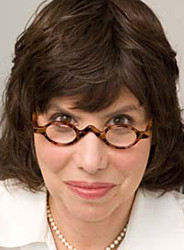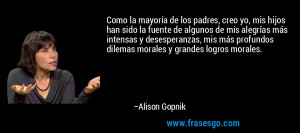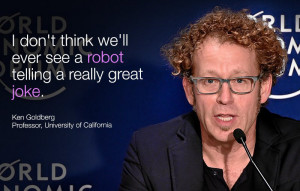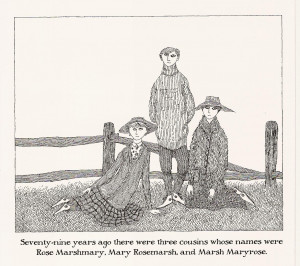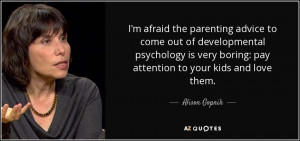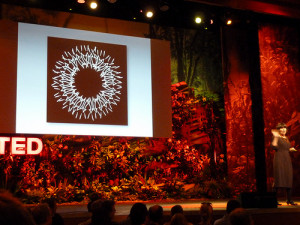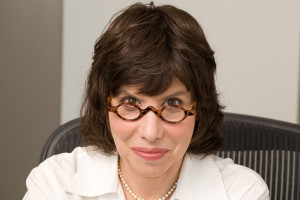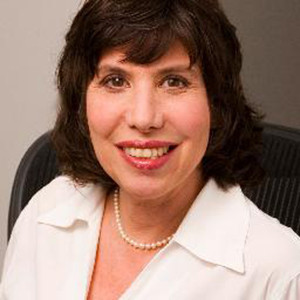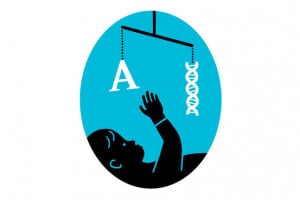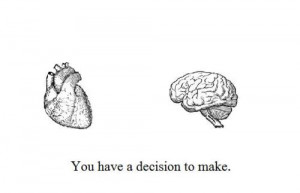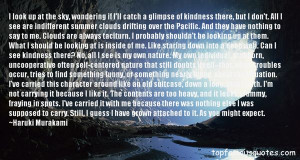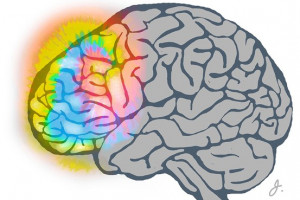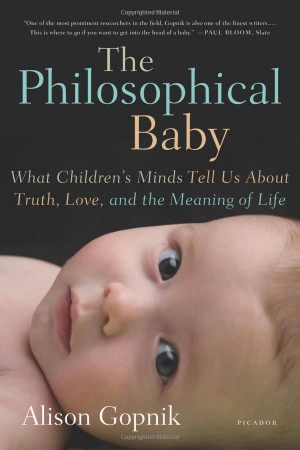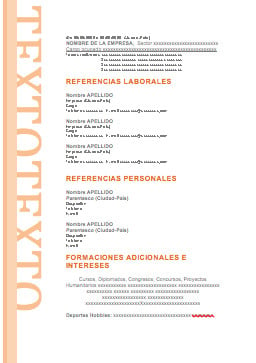Alison Gopnik — American Psychologist born on June 16, 1955,
Alison Gopnik is an American professor of psychology and affiliate professor of philosophy at the University of California, Berkeley. She is known for her work in the areas of cognitive and language development, specializing in the effect of language on thought, the development of a theory of mind, and causal learning. Her writing on psychology and cognitive science has appeared in Science, The Times Literary Supplement, The New York Review of Books, The New York Times, New Scientist, Slate and others. Her body of work also includes four books and over 100 journal articles. She has frequently appeared on TV and radio including The Charlie Rose Show and The Colbert Report. Slate writes of Gopnik, "One of the most prominent researchers in the field, Gopnik is also one of the finest writers, with a special gift for relating scientific research to the questions that parents and others most want answered. This is where to go if you want to get into the head of a baby." Gopnik is a columnist for The Wall Street Journal, sharing the Mind & Matter column with Robert Sapolsky on alternating Saturdays... (wikipedia)




